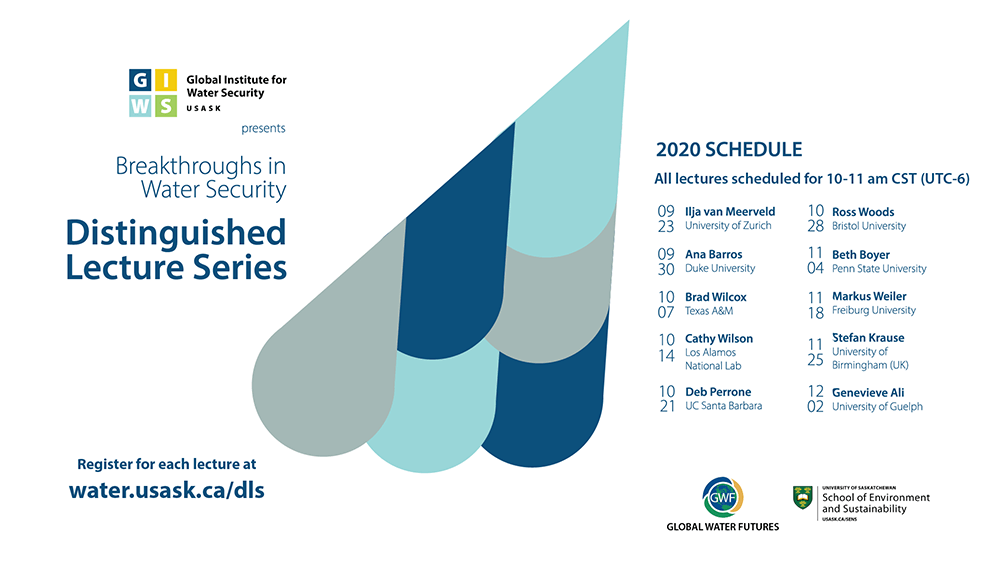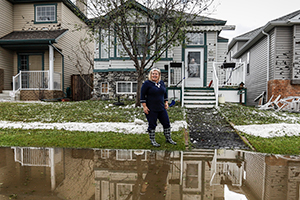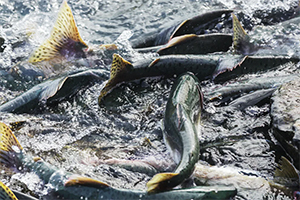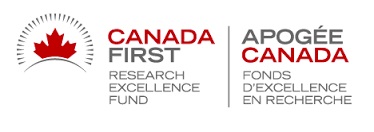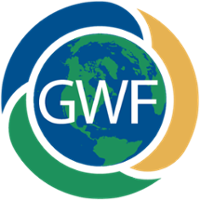
Global Water Futures
Solutions to water threats in an era of global change
Featured Event
Preparing for Water Threats in an Era of Change
Global Water Futures: Solutions to Water Threats in an Era of Global Change is a University of Saskatchewan-led research program that is funded in part by a $77.8-million grant from the Canada First Research Excellence Fund. The overarching goal of the program is to deliver risk management solutions - informed by leading-edge water science and supported by innovative decision-making tools - to manage water futures in Canada and other cold regions where global warming is changing landscapes, ecosystems, and the water environment. Global Water Futures (GWF) aims to position Canada as a global leader in water science for cold regions and will address the strategic needs of the Canadian economy in adapting to change and managing risks of uncertain water futures and extreme events. End-user needs will be our beacon and will drive strategy and shape our science.
View the videos below to learn about the projects and contributions of Global Water Futures four core partner universities:
USask
Waterloo
McMaster
Laurier
Recent News
Upcoming Events
Loading...
The Conversation Canada

Extreme precipitation events have always occurred, but are they changing?
Francis Zwiers - University of Victoria, Ronald Stewart - University of Manitoba
Extreme weather and climate events causing extensive damage are a fact of the Canadian climate, and this year is no exception.
Northern fish are tough, but climate change is causing some to dwindle
Alyssa Murdoch - York University, Chrystal Mantyka-Pringle - University of Saskatchewan, and Sapna Sharma - York University
The survival tools these fish have used for millennia — exceptional tolerance to cold, slow growth rates and long lifespans — could be a disadvantage as environmental conditions in the north warm and more fast-paced species move in.
GWF is led by the Global Institute for Water Security at the University of Saskatchewan in partnership with University of Waterloo, McMaster University and Wilfrid Laurier University.

